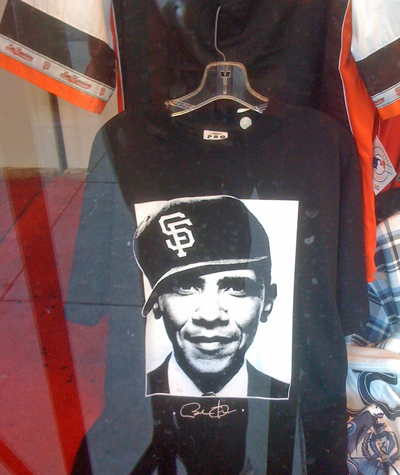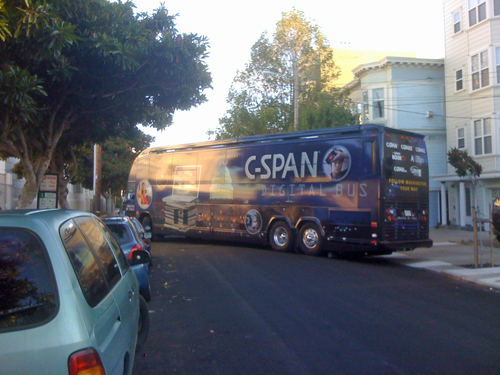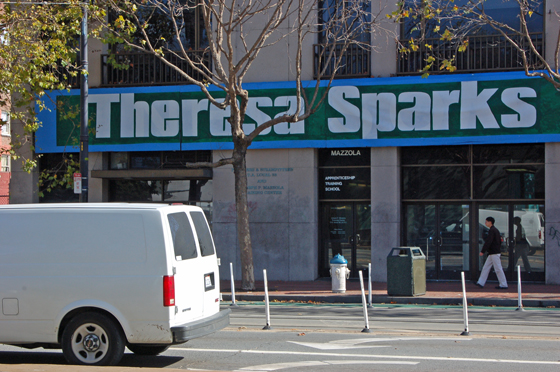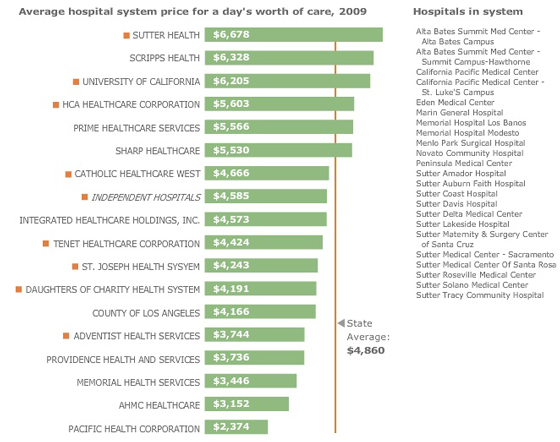
We don't have to feel too sorry for Juan Williams who just got a
$2 million contract with Fox TV in the wake of his firing by National Public Radio. NPR believed Williams had violated professional journalistic standards during a televised conversation with right-wing Fox talk-monger Bill O'Reilly that went
like this:
Well, actually, I hate to say this to you because I don't want to get your ego going. But I think you're right. I think, look, political correctness can lead to some kind of paralysis where you don't address reality.
I mean, look, Bill, I'm not a bigot. You know the kind of books I've written about the civil rights movement in this country. But when I get on the plane, I got to tell you, if I see people who are in Muslim garb and I think, you know, they are identifying themselves first and foremost as Muslims, I get worried. I get nervous.
I would describe that exchange as an announcement that Williams harbors a common, but irrational, prejudice -- and that he wants to reassure O'Reilly (and himself) that such prejudices are okay. If that's what he meant, and he hasn't denied it, I think NPR's firing of Williams is a good move. It sends the message that news outlets, aside from propaganda networks, won't participate in coddling irrational fears about whoever the current out-group may be.
The question of how much leeway from rationality and sheer decency people should be allowed because they are frightened is recurrent and important.
Feeling fear is a terrible thing -- there was a reason that President Franklin D. Roosevelt
named "freedom from fear" as one of the four essential elements of a secure world. (The world is not doing too well on any of these measures; it might be time to look back at that yard stick.) And all of us want to be able to cite our fears as excuses when we do things we aren't proud of. That seems to be human nature.
Years ago, my partner and I were drafted into facilitating a workshop at a lesbian conference during which white women to were supposed to talk about their racism. The story of how we were pushed into this unwelcome role is long and funny and I'm not telling it here. Suffice to say, most unwillingly, we were supposed to sit down with twenty white lesbians and have a meaningful exchange about how we were racists.
This seemed exceedingly unpromising to us as a format that would do anyone any good, but we forged ahead. We developed an exercise that would ask folks to try to talk, concretely, about any experience they had had in their work lives that revealed how racism still had a role in determining what opportunities different people enjoyed. In the mid-1980s, this should not have been too difficult; it wouldn't be too difficult today. And since these weren't industrialists or even business owners, they could observe without feeling utterly defensive -- or so we hoped.
But the participants simply wouldn't talk about the line of thought we laid out. They'd hem and haw -- and come back around to the only topic that they really wanted to discuss: the fact that when they walked down a dark street and saw a dark-skinned man coming toward them, they were scared. And they felt guilty about that, but also felt justified in retaining the prejudice. Men were dangerous and scary and dark-skinned men that much more so.
We tried to get folks to unpack this. What if the man were white -- would he be a threat? What if the dark-skinned guy wore a suit and tie -- did that change how they felt? Why he might even be a white guy with suit and tie (my idea of the really scary ones). They weren't much into this exercise either; there was a lot of attachment to their personal, imagined, bogeymen.
I wonder, if such a gathering took place now (sure hope not!), would the same demons dominate -- or do many of us, especially younger ones, perhaps live in a much more racially diverse environment? In an environment that seems safer to non-conforming women? Or would the scary stranger on the street be wearing "Muslim garb"?
Prejudices are not something to exercise, to take for a walk metaphorically. They are lazy habits to
exorcise. The adult response to prejudice is to subject our fears to common sense and investigation, take sensible but not excessive precautions, and carry on. People and countries that can't manage this make themselves miserable and find themselves in hopeless, meaningless wars. These days, we're living in Exhibit A.
Good for NPR for repudiating one example of embracing irrational fears.
H/t to Adam Serwer for reminding me of this line of thought.
























